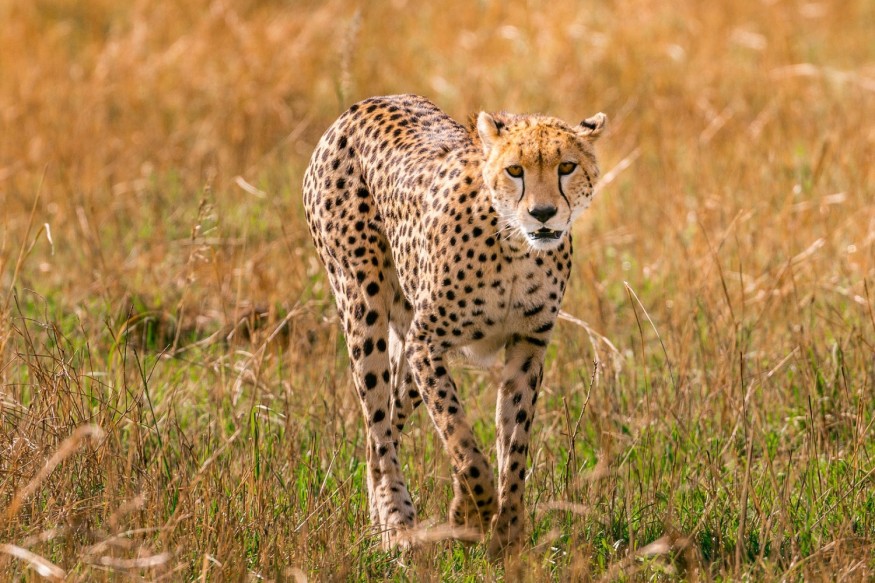There has been an effort to reintroduce cheetahs in the Kuno National Park in India.
However, authorities are finding it hard to bring these cheetahs back following their reported deaths.

A report on the BBC stated that at least 20 cheetahs had been relocated in September of last year and in February of this year from South Africa and Namibia to India's 74,200-hectare national park that was situated in the central state of Madhya Pradesh.
Unfortunately, there were already six cheetahs that died in the national park since March.
Furthermore, three cubs that were born there also lost their lives.
These incidents are pressing authorities and cheetah experts to monitor more of their situation amid the relocation.
Poor management?
The number of cheetah deaths could continue to pile up, according to experts.
While they believe that it is common for some cheetahs to die during the first year of relocation, the number of deaths is expected to increase during the second year.
Initially, experts expressed belief that in the first 20 of the relocated cheetahs, only five to seven of them will remain prior to an initiation of population recovery.
Their first litters are expected to be born as well in 2024.
However, the supposed poor management of the cheetah's relocation makes it difficult for these animals to be reintroduced in the ecosystem.
The Cheetah Conservation Fund (CCF), which is based in Namibia, said in a letter addressed to the Supreme Court of India that the deaths of the cheetahs could have been prevented if there was better monitoring of the animals as well as a more appropriate and timely veterinary care
The group noted that the deaths of the first eight cheetahs could have been avoided only if there were adequate supervision, monitoring and veterinary intervention, a report on Indian Express said.
Experts noticed that one of the cheetahs possibly died because of the lack of food for a specific period of time.
The group also received an information about another casualty wherein a male cheetah was supposedly attacked by a female one.
Based on the photos that they received, there was an inflammation on the cheetah's skin over the neck and its back.
A report on India Today said that some experts have speculated that radio collars, which are used to track and monitor the animals, could have led to skin infections because they are constantly wet amid the monsoon season.
They believed that the skin infections could have attracted flies and this later led to maggot infestations and septicaemia, or a blood infection that can be deadly for some cheetahs.
Meanwhile, Congress leader and former Environment Minister Jairam Ramesh pointed out that something is really not right at the Kuno National Park.
He said that the argument saying that all the deaths were expected mortality was completely nonsense and was already debunked by international cheetah experts.
"This is what happens when science and transparency take a backseat. This is what happens when one man's vanity and desperate need for self-glory takes over," Ramesh said in a tweet.
Something has really gone wrong at Kuno…
— Jairam Ramesh (@Jairam_Ramesh) August 2, 2023
The ninth cheetah death took place this morning. The argument that all these deaths are expected mortality is complete nonsense and has been debunked by international cheetah experts.
This is what happens when science and transparency…
India has to do better
Foreign experts have called for an immediate assessment of the cheetahs by the veterinarians, adding that their collars need to be checked as well.
They said the record-keeping in the park must be improved as well to easily monitor the conditions of the cheetahs.
The CCF also said more prey species should be added to Kuno National Park.
An earlier statement by India's National Tiger Conservation Authority disclosed that a team of officials are already in coordination with the Kuno National Park to address the situation.
Related Article : Cheetahs are About to Go Extinct, Scientists Confirm
© 2025 NatureWorldNews.com All rights reserved. Do not reproduce without permission.





